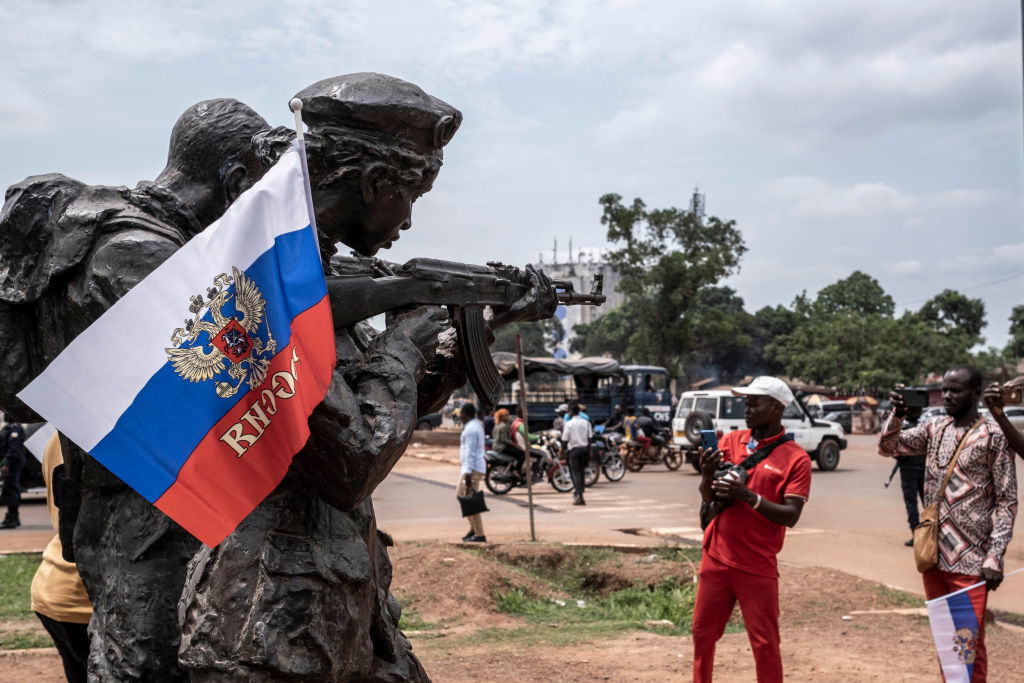After Repeated Defeats in Ukraine, Wagner Shifts Focus to Africa
ADF STAFF
After losing tens of thousands of its mercenaries fighting in Ukraine, the Wagner Group has begun to scale back its operations there so it can expand its footprint in Africa, according to Bloomberg.
The shift is happening as Wagner’s leader, Yevgeny Prigozhin, has said Russia is limiting Wagner by failing to supply ammunition and support personnel.
After swelling its Ukrainian forces with Russian prisoners and a small number of African fighters, Wagner’s defeats in Ukraine made it difficult to get more fighters to join, according to analysts.
Wagner recently has begun recruiting to replace the estimated 30,000 fighters who have died in Ukraine. Recruitment advertisements say new fighters will spend six months in Ukraine followed by up to 14 months in Africa.
By shifting its attention to Africa, Wagner is putting its resources — and its fighters — into an environment where their primary goal will likely be financial gain, according to Julia Steers, VICE News’ correspondent in Nairobi and an expert on Wagner.
In Africa, Wagner mercenaries frequently find themselves pitched against poorly equipped and poorly trained rebel groups or unarmed civilians rather than the highly trained and well-equipped Soldiers they face in Ukraine. At the same time, Wagner’s mining operations in Sudan and the Central African Republic (CAR) produce millions of dollars in mineral wealth that support its African operations and Russia’s invasion of Ukraine.
For that reason, according to Steers, Wagner might seek to expand the system it has created in the CAR, where Wagner mercenaries have become key players in everything from the presidential palace to the country’s gold and diamond mines.
“They basically control all of that country’s mining interests, mining output and even control their customs,” Steers told the International Crisis Group’s (ICG) “The Horn” podcast. “Will that, ultimately, benefit the Central African Republic?”
Originally invited into the CAR to train the country’s military, Wagner fighters have in recent years become deeply embroiled in the CAR’s domestic conflicts. They have brutally attacked civilians suspected of siding with rebels in the country’s decadeslong civil war, placed land mines on roads, attacked United Nations peacekeepers, executed unarmed people and committed other human rights violations.
In the meantime, Wagner is using its propaganda arm to spread pro-Russian, anti-democratic messages in the CAR and across social media in countries where it’s seeking influence. That list includes Burkina Faso, the Democratic Republic of the Congo and Côte d’Ivoire.
“The CAR is really the model that, in their ideal world, they would export to other countries,” Steers said.
That might prove difficult in countries with stable governments or stronger militaries, she added.
“They’ll find it doesn’t necessarily apply elsewhere,” Steers told the ICG. “In the long term, these countries won’t benefit from Wagner’s presence there.”


Comments are closed.